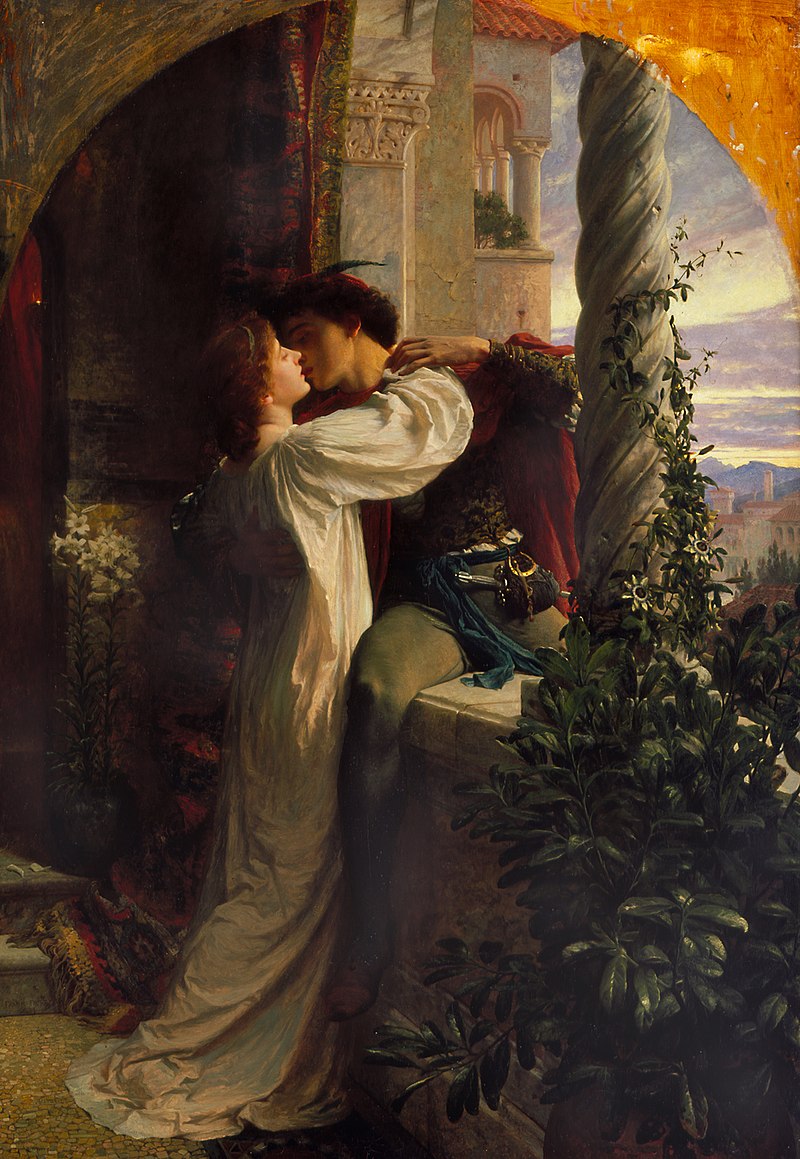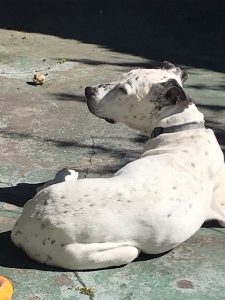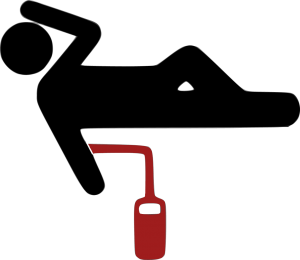We were talking in the Treehouse. The things we were talking about were important, and they got me thinking about a bunch of decisions I’ve made incrementally over the last two months and why I made them.
First, let’s start with next Sunday. I turn 60. I have some physical mobility, but not a vast amount, so I had planned to go overseas and celebrate my birthday with 60 events. I wanted to see friends, attend science fiction conventions, eat new food, visit museums, take pictures of interesting places and a whole lot more. Sixty fascinating events, all of the kind that I would treasure forever. Part of it was going to Italy for Eurocon, which would have given me about thirty events, for I’ve never been to Italy and I have a long list of places I want to see and things I want to do there. I was brushing up my Italian for it, for I can read the language but can’t speak it.
Then the pandemic happened. The pandemic is still happening. No big parties. No travel. This led to my decisions.
What were they?
First, I’m still going to have sixty joyous moments. Three of them are planned for this weekend, for my actual birthday. If I’m lucky, I’ll get more.
For the other events, I’m not putting a ‘finish’ date on it. I won’t get them within three months. They may take three years.
I’m about to hunt for the prettiest notebook I possess (I collect notebooks for my fiction and use the right one for the right project, so I have some choices) and when I find it, I will take my calligraphy pens and create a pretty front page. After that, every time I have a wonderful time, I will write it up, and that notebook will be a record of my birthday.
Why am I doing this? Why am I not just saying, “I’ll have a nice weekend, and that’ll do?”
Too many big things have been made small and a bit dark by the pandemic. I’ve won awards, for instance, and been unable to go to the ceremonies and have yet to see the actual trophies. The pandemic has caused so many friends to miss so much, that I see, every day, how people are dealing with the slight tarnishing of the everyday that creates our pandemic year. We have more sorrow (I’ve lost so many people I care about) and more stress and… this is where I introduce you to one of my favourite poems. It begins, “Even in a Little Thing” and you can find it here: https://starrigging.blogspot.com/2015/11/return-to-islands-by-arthur-grimble.html
My events are a reminder to me that this is a difficult decade, but that, since I find much of my joy in small things, I can still be happy. I need the reminder. I need sixty reminders. I need them because I was losing sight of the joy of jumping in autumn leaves or of drinking hot chocolate. Sixty larger occasions representing one big life change will push my mind back to where it has found joy in darkness at other times. I will return to myself.
This is the best gift I can give myself this year.
The best gift I can give you at this moment is to include you in my celebration. If you’re reading this (whether or not you know me) and you send me an email address, I will send you one of my stories and maybe a little cookbook I made for this same purpose when life took a turn in the 1990s. If you’re in Australia, I will send the story (without the cookbook) by snail mail if you send me a street address. In with the story there may be a couple of trinkets. I’m happy to send stories (and cookbooks and trinkets!) to sixty people, so feel free to share this with someone who would smile at this little thing.
You can send me contact details through the form on my website or through DMs on Twitter or Facebook.
 Crossing genres is hot business these days: science fiction mysteries, paranormal romance, romantic thrillers, Jane Austen with horror, steampunk love stories, you name it. A certain amount of this mixing-and-matching is marketing. Publishers are always looking for something that is both new and “just like the last bestseller.” An easy way to do this is to take standard elements from successful genres and combine them.
Crossing genres is hot business these days: science fiction mysteries, paranormal romance, romantic thrillers, Jane Austen with horror, steampunk love stories, you name it. A certain amount of this mixing-and-matching is marketing. Publishers are always looking for something that is both new and “just like the last bestseller.” An easy way to do this is to take standard elements from successful genres and combine them.
 One of the preoccupations of our household for the last few months has been what to feed the Elder Statesdog.
One of the preoccupations of our household for the last few months has been what to feed the Elder Statesdog. So the feeding frenzy has been ours, not hers. She may not be skin-and-bones these days, but she’s very skinny. So we’ve gone back and forth between the old food, the new food, rice and chicken, egg-and-hamburger, and some days, a steady diet of treats, just so she has some calories in her. She thinks the all-treats-all-the-time diet is just swell (she particularly likes the supermarket brands–the fancier desiccated liver or reindeer shreds from the pet store are okay, but she’s a Milkbone/Beggin’ Strips girl at base). So she’s getting them. And getting spoiled, and why not? She’s a 105-year-old Moldavian Leaping Dog.
So the feeding frenzy has been ours, not hers. She may not be skin-and-bones these days, but she’s very skinny. So we’ve gone back and forth between the old food, the new food, rice and chicken, egg-and-hamburger, and some days, a steady diet of treats, just so she has some calories in her. She thinks the all-treats-all-the-time diet is just swell (she particularly likes the supermarket brands–the fancier desiccated liver or reindeer shreds from the pet store are okay, but she’s a Milkbone/Beggin’ Strips girl at base). So she’s getting them. And getting spoiled, and why not? She’s a 105-year-old Moldavian Leaping Dog. The Siberian permafrost that has yielded mammoth DNA is about 2.6 million years old, but freezing turns out to be a pretty good preservative of DNA.
The Siberian permafrost that has yielded mammoth DNA is about 2.6 million years old, but freezing turns out to be a pretty good preservative of DNA. 
 I don’t remember why I first donated blood–it may have been part of a blood drive when I was working at Harvard (doesn’t that sound glamorous? It wasn’t–I was part of the clerical staff at an institution that eats clerical staff on toast points with sherry before dinner). I do remember that the drive was held in Memorial Hall, and it was drafty and cold. The technology–this was the 1970s–was all rubber tubing and rather punitive looking needles. Afterward they gave us canned orange juice (remember canned orange juice? It is a unique flavor not to be confused with actual orange juice) and cheese crackers, and stickers that allowed all of us public spirited folks to recognize each other on campus–at least until the end of the day, when the adhesive failed and the stickers fell off.
I don’t remember why I first donated blood–it may have been part of a blood drive when I was working at Harvard (doesn’t that sound glamorous? It wasn’t–I was part of the clerical staff at an institution that eats clerical staff on toast points with sherry before dinner). I do remember that the drive was held in Memorial Hall, and it was drafty and cold. The technology–this was the 1970s–was all rubber tubing and rather punitive looking needles. Afterward they gave us canned orange juice (remember canned orange juice? It is a unique flavor not to be confused with actual orange juice) and cheese crackers, and stickers that allowed all of us public spirited folks to recognize each other on campus–at least until the end of the day, when the adhesive failed and the stickers fell off.